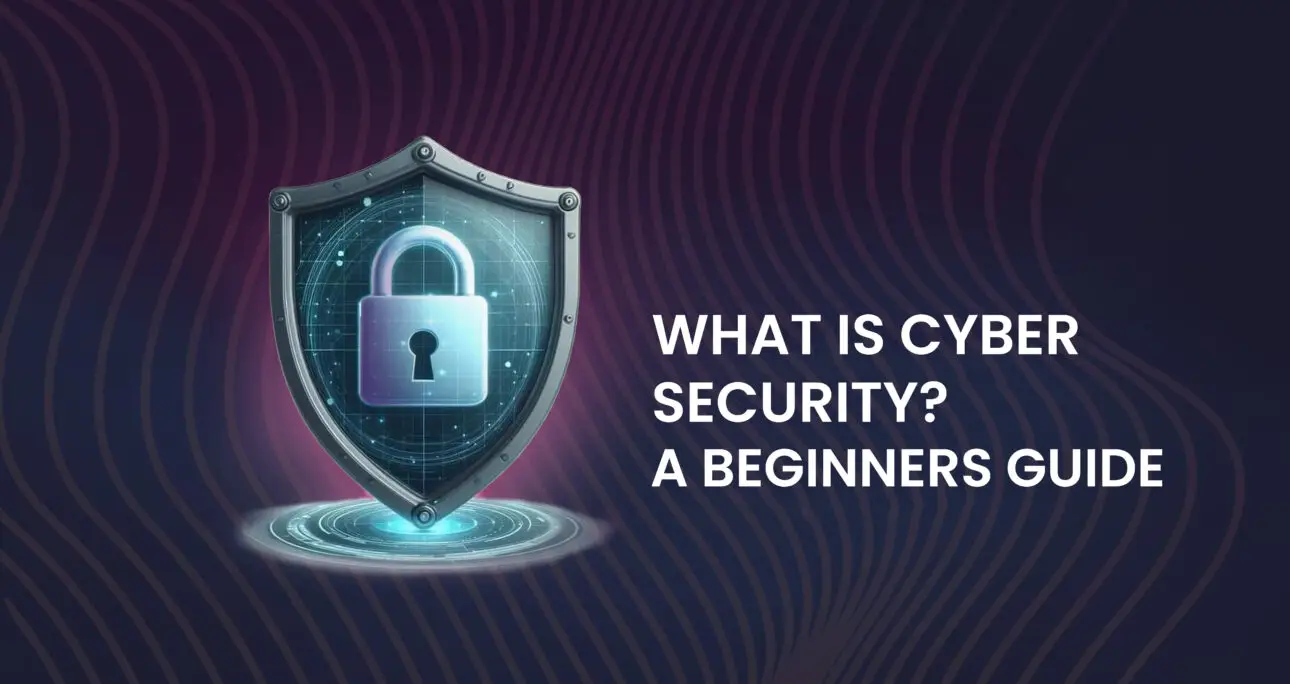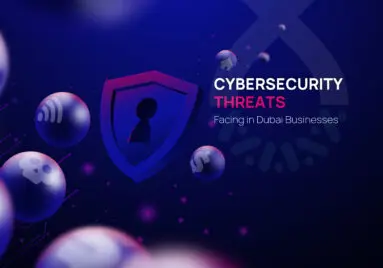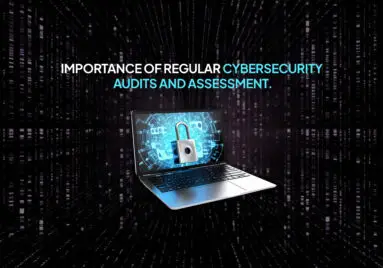In today’s digital age, cybersecurity is more crucial than ever, especially for a rapidly growing digital hub like the UAE. With businesses and individuals increasingly relying on digital platforms, understanding what is cyber security and the basics of cybersecurity is essential. This blog will cover the key terms and concepts of cybersecurity and help you stay informed and protected in the digital world.
What is Cybersecurity?
Cybersecurity refers to the practice of protecting computers, servers, mobile devices, networks, and data from malicious attacks. In the context of the UAE, cybersecurity has become a significant concern due to the nation’s fast paced technological advancements and digital transformation efforts. Ensuring the security of digital assets is crucial for businesses, government entities, and individuals alike.
Why is Cybersecurity Important in the UAE?
Being a major international center for trade and technology, the UAE is a popular target for cybercriminals. The country’s commitment to innovation, along with the high adoption rate of digital technologies, means that both businesses and individuals are increasingly vulnerable to cyber threats. Effective cybersecurity measures are essential to protect sensitive information, maintain privacy, and ensure the safe operation of digital services.
Key Cybersecurity Terms to Know
Understanding the language of cybersecurity is the first step to becoming more aware and prepared.
Malware
Malware, short for malicious software, is any software designed to harm, exploit, or otherwise engage in malicious activity. This includes viruses, worms, trojans, and ransomware. In the UAE, malware attacks have been a major concern, especially with the rise of digital transactions and online banking.
Phishing
Phishing is a cyber attack that involves tricking individuals into revealing personal information, such as passwords and credit card numbers, by pretending to be a legitimate entity. Phishing attacks are common in the UAE, particularly through email and social media platforms.
Ransomware
Ransomware is a type of malware that infiltrates a victim’s system and takes control of important files or information. It then demands a ransom in exchange for releasing access to the compromised data. This form of attack has been on the rise globally and poses a significant threat to businesses and organizations in the UAE, where sensitive data can be held hostage for financial gain.
Firewall
A firewall is a hardware device used for network security. It monitors and protects the incoming and outgoing traffic in a network, acting like a security gate.
Businesses and individuals in the UAE use firewalls to protect their networks from unauthorized access.
Encryption
The process of transforming data or information into an encrypted form to stop unwanted access is known as encryption.
Encryption critically protects sensitive information, especially in sectors such as finance and healthcare.
VPN (Virtual Private Network)
VPN allows us to build an encrypted secure network connection when utilizing public networks. VPNs are widely used in the UAE to enhance privacy and secure internet connections, especially when accessing public Wi-Fi.
Multi-Factor Authentication (MFA)
MFA enhances security by requiring additional information, more than entering just a password. It may include answering a security question, entering a code sent to your mobile number, or other methods. Implementing MFA can significantly enhance security for users in the UAE by adding an extra layer of protection against unauthorized access.
Cybersecurity Challenges in the UAE
Despite the growing awareness and efforts to strengthen cybersecurity, the UAE faces several challenges:
Rapid Digital Transformation
The UAE is at the forefront of digital innovation, with initiatives like Smart Dubai and various e-governance platforms. While these initiatives bring numerous benefits, they also open up new vulnerabilities to cyber threats.
Lack of Awareness
Many individuals and businesses in the UAE still lack adequate knowledge about cybersecurity best practices. This gap makes them susceptible to cyber attacks such as phishing and ransomware.
Increasing Sophistication of Cyber Attacks
Cyberattacks become harder to identify and more sophisticated. Hackers are using advanced techniques, such as AI-driven attacks, which pose a significant challenge to traditional cybersecurity measures.
Best Practices for Cybersecurity in the UAE
To safeguard themselves from cyber attacks, organizations and individuals in the UAE should implement the following best practices.
Regular Software Updates
Always update your operating system and software.
Regular updates patch security vulnerabilities, reducing the risk of a cyber attack.
Strong Passwords and MFA
Use strong, unique passwords for all your accounts and enable Multi-Factor Authentication (MFA) whenever possible. This gives more level of security.
Educate Employees and Users
Conduct regular training sessions to educate employees about the latest cybersecurity threats and how to avoid them. The most important stage in protection against cyberattacks is awareness.
Backup Data Regularly
Make regular backups of important data to protected locations like external hard drives or cloud storage. This practice ensures that you have access to your data in case of a ransomware attack or system failure.
Use Antivirus and Anti-Malware Solutions
Deploy reliable antivirus and anti-malware software to detect and remove malicious software. Ensure that these solutions are updated regularly to provide protection against the latest threats.
Monitor Network Activity
Try using tools for network monitoring to find unauthorized or unusual activities. Damage can be reduced with the early identification of possible dangers.
Conclusion
Cybersecurity is a critical concern for the UAE, given its rapid digital transformation and position as a global business hub. Understanding key cybersecurity terms and concepts is essential for protecting digital assets and maintaining trust in the digital ecosystem. By staying informed and implementing best practices, businesses and individuals in the UAE can contribute to a safer digital environment.





